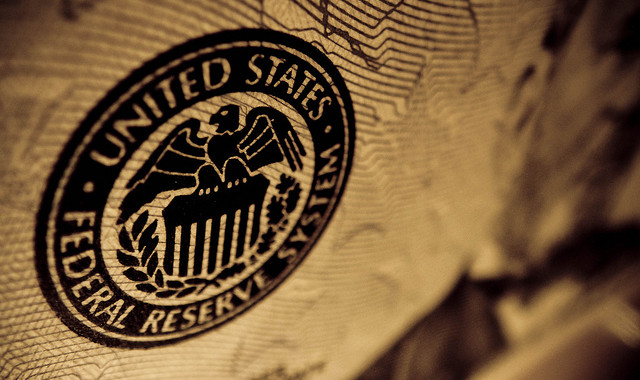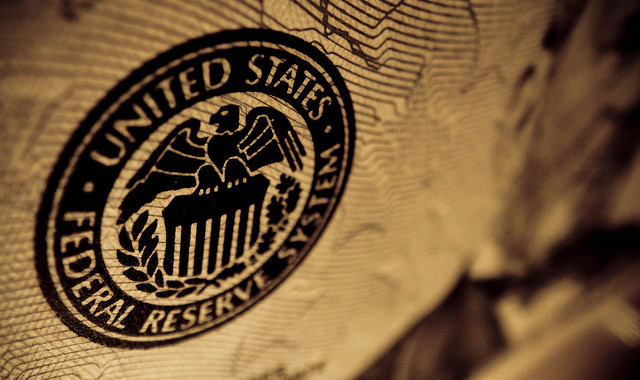President Trump has stepped up his criticism of the Federal Reserve, saying of its aggressive interest rate hikes that it has “gone crazy.” The same charge has been leveled against Trump, but there may be a method to his madness…
October was a brutal month for the stock market. After the Fed’s eighth interest rate hike on September 26th, the Dow Jones Industrial Average dropped more than 2,000 points and the Nasdaq had its worst month in nearly 10 years. After the Dow lost more than 800 points on October 10th and the S&P 500 suffered its first week-long losing streak since Trump’s election, the president said, “I think the Fed is making a mistake. They are so tight. I think the Fed has gone crazy.” In a later interview on Fox News, he called the Fed’s rate hikes “loco.” And in a Wall Street Journal interview published on October 24th, Trump said he thought the biggest risk to the economy was the Federal Reserve, because “interest rates are being raised too quickly.” He also criticized the Fed and its chairman in July and August.

Trump’s vocal criticisms are worrisome to some commentators, who fear he is attempting to manipulate the Fed and its chairman for political gain. Ever since the 1970s, the Fed has declared its independence from government, and presidents are supposed to avoid influencing its decisions. But other Fed-watchers think politicians should be allowed to criticize the market manipulations of an apparently out-of-control central bank.
Why the Frontal Attack?
Even if the president’s challenges are a needed check on the Fed, it has been questioned whether he is going about it in the right way. Challenging the central bank in public forces it to stick to its guns, because it must maintain its credibility with the markets by showing that its decisions are based on sound economic principles rather than on political influence. If the president really wants the Fed to back off on interest rates, it has been argued, he should do it with a nod and a nudge, not a frontal attack on the Fed’s sanity.
True, but perhaps the president’s goal is not to subtly affect Fed behavior so much as to make it patently obvious who is to blame when the next Great Recession hits. And a recession is fairly certain to hit, because higher interest rates almost always trigger recessions. The Fed’s current policy of “quantitative tightening” – tightening or contracting the money supply – is the very definition of recession, a term Wikipedia defines as “a business cycle contraction which results in a general slowdown in economic activity.”













Leave A Comment